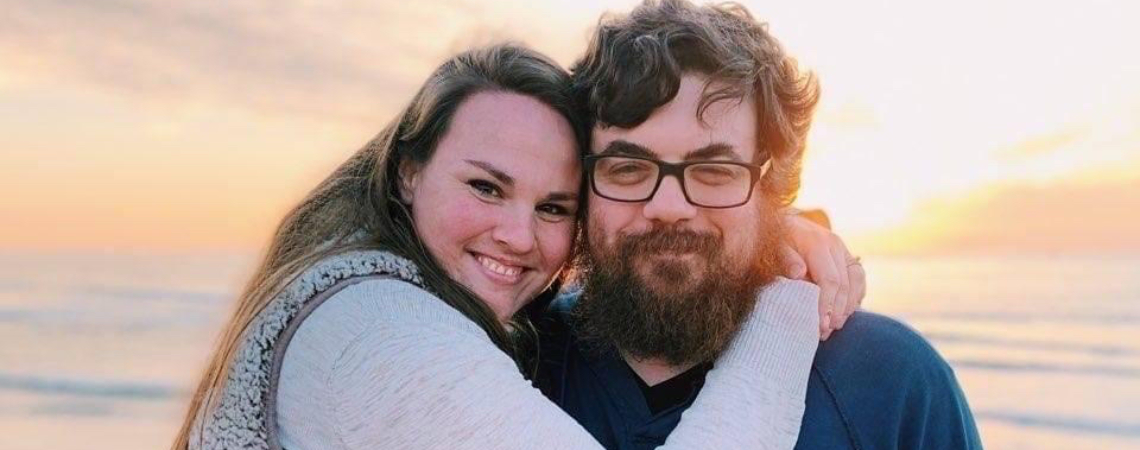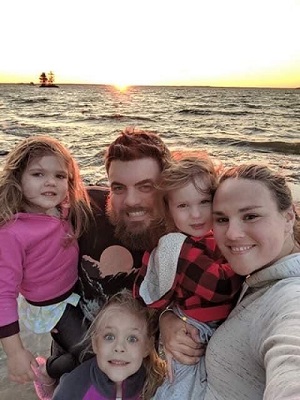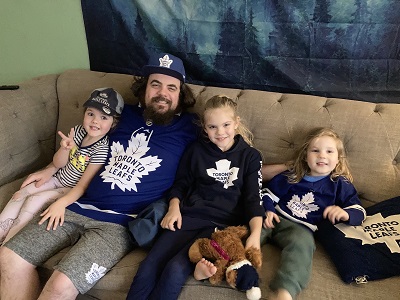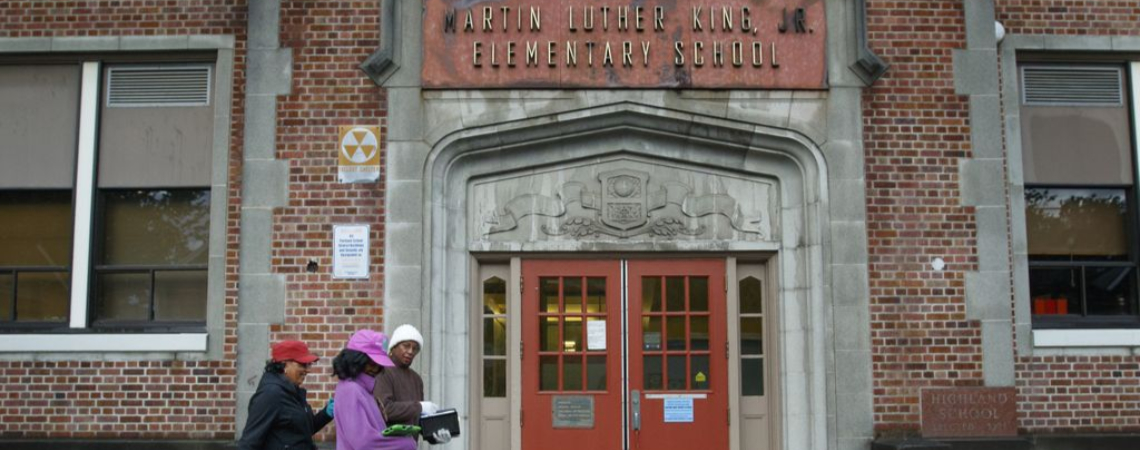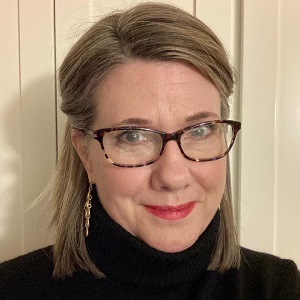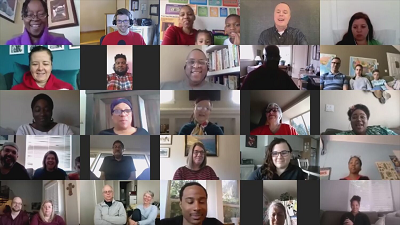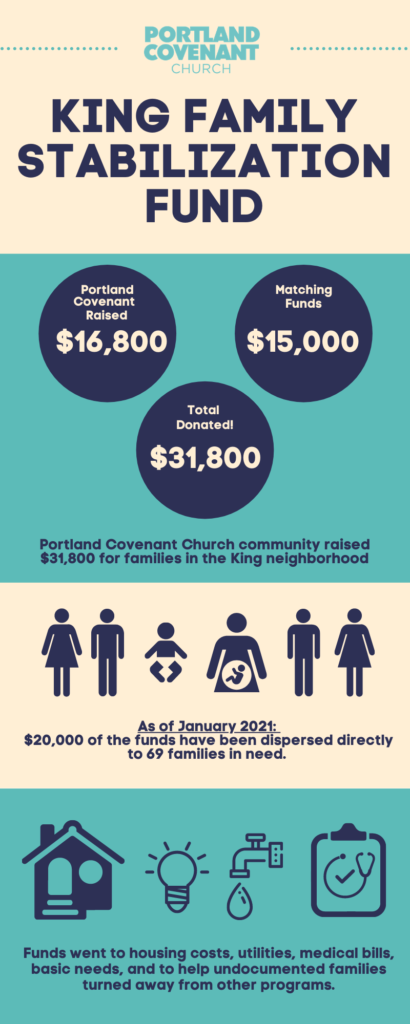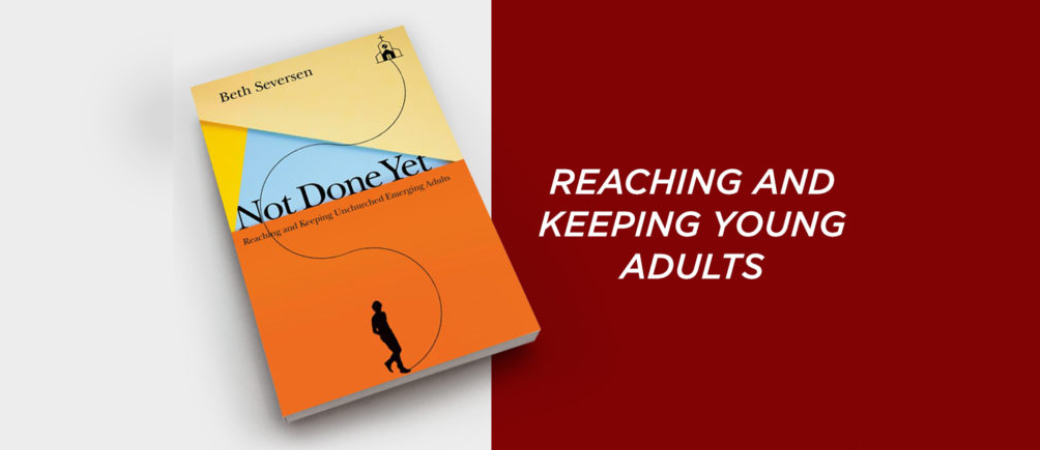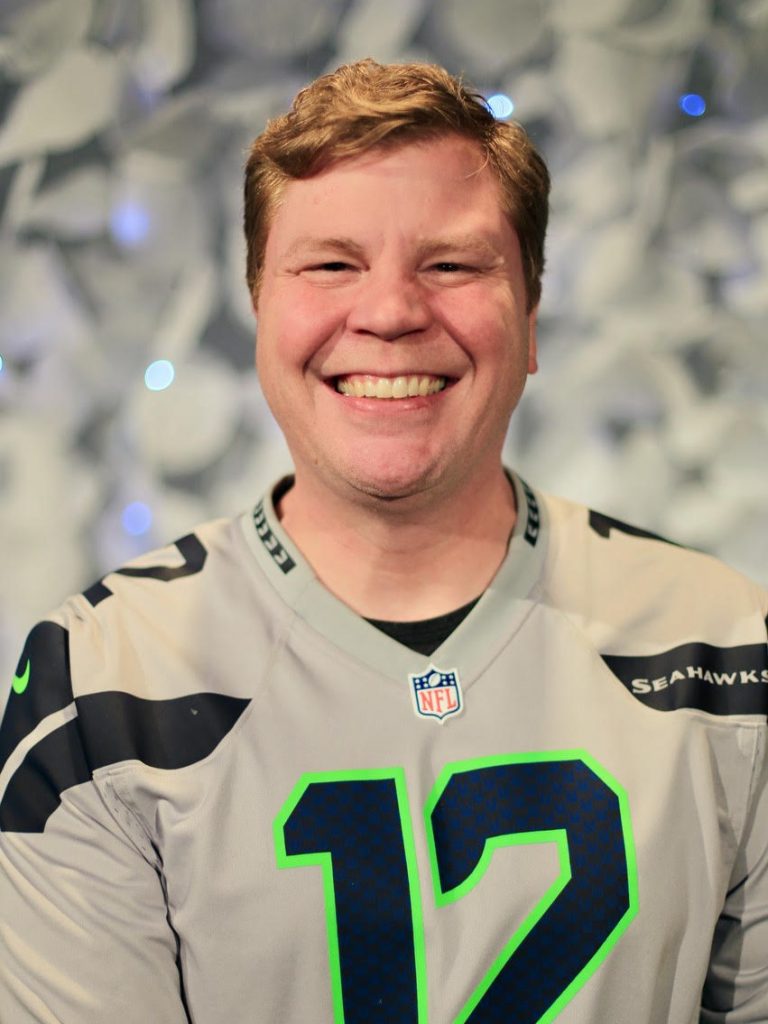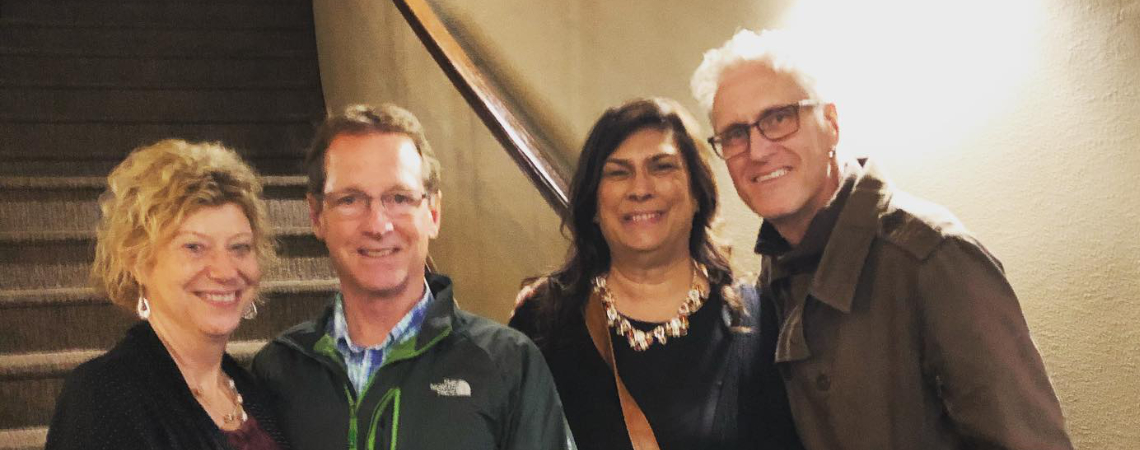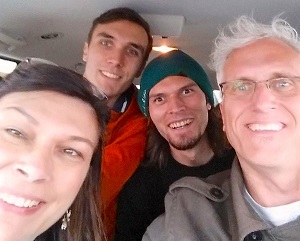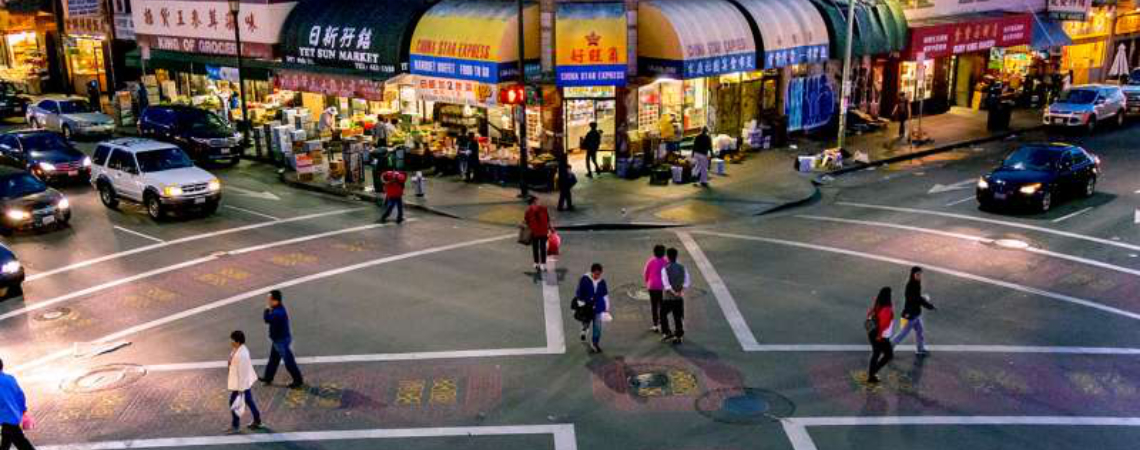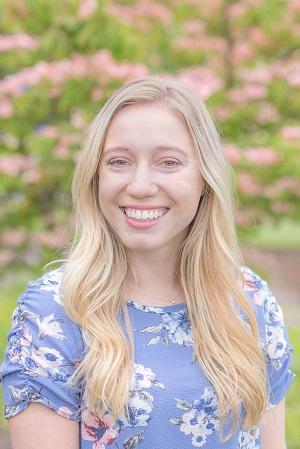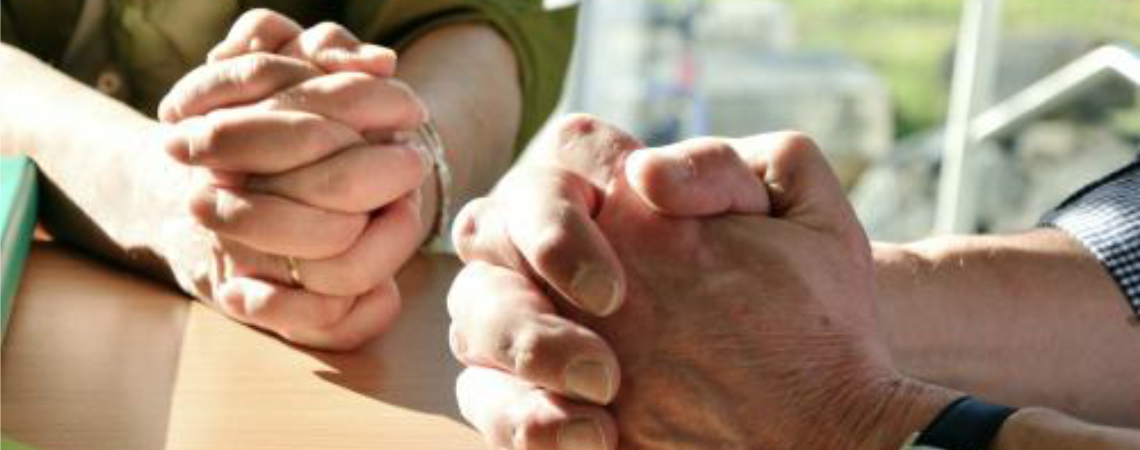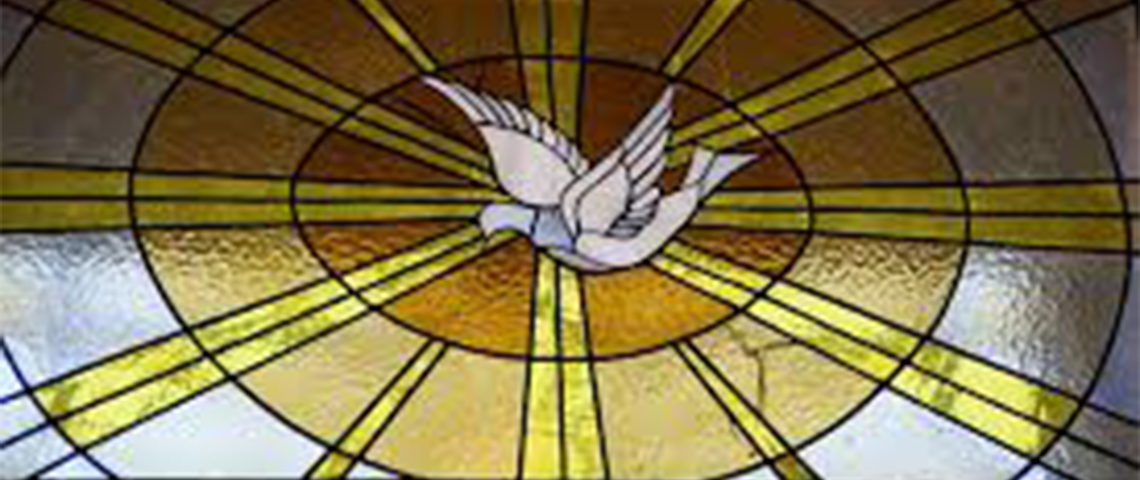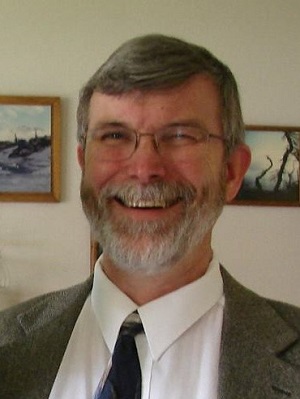By Peter Sung, Conference Coach, PacNWC
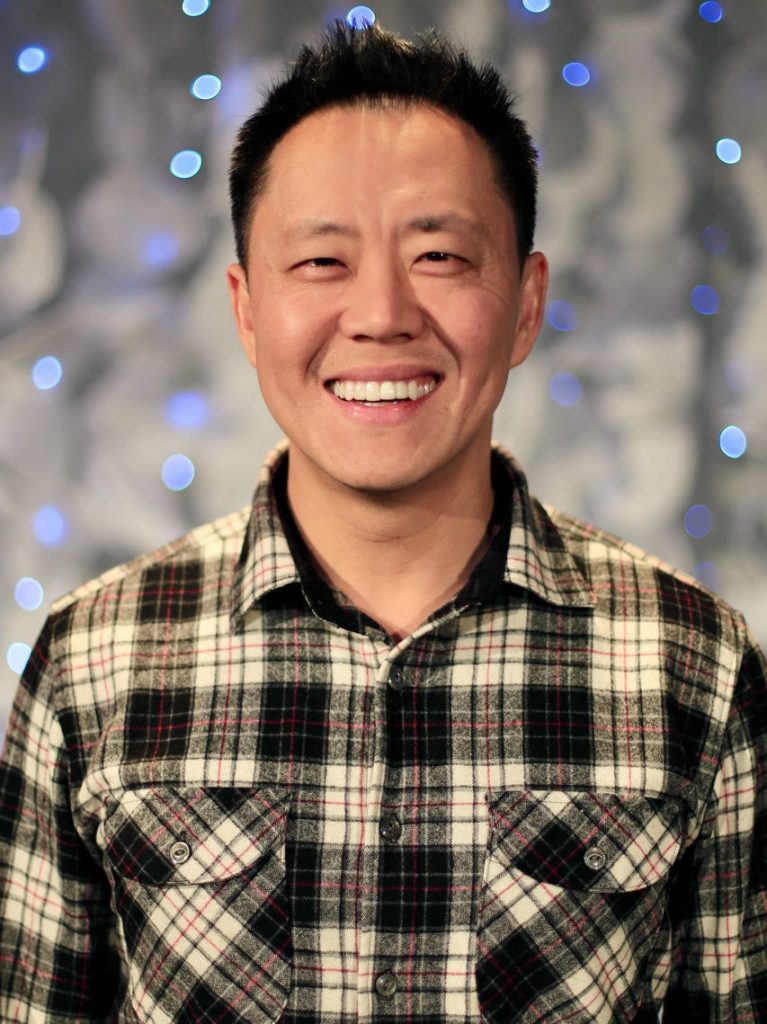
I have two sisters who do not wear the label “Christian,” and I always have them in my head whenever I’m writing a sermon, or even just explaining some bit of reality to myself. They would say that they do not respect Christianity, let alone Christians. Christ, they’re fine with, I think, but not the way Christians deem him to be. Given my love and attachments both to my sisters and to my faith, I find myself always in the gap, believing this impasse to be all just a big misunderstanding, and that if I could just get everyone in the same room, we could work things out. Can we? Will we?
This gap between the church and our culture seems to be greater than ever before, both in width and length and height and depth. Sigh. I totally want to give up sometimes.
But then there is Ephesians 3:17-19: And I pray that you, being rooted and established in love, may have power, together with all the Lord’s holy people, to grasp how wide and long and high and deep is the love of Christ, and to know this love that surpasses knowledge—that you may be filled to the measure of all the fullness of God.
This always happens. I’m tired and hopeless, and frankly, feeling hurt, when I come across something that gives me another skinny but certain glimmer of hope. I think: “Could it be? Is God’s love the thing, maybe the only thing, that can bridge the gap? Not Christians, not Christianity, but the love of God in Christ Jesus our Lord? If the answer is, “Yes!” then now, I don’t want to bridge the gap; I want to get out of the way so that Christ can, not only bridge the gap but fill it! Okay, but how does that happen? How can the people of our culture come to know and experience the love of God that is in Christ?
I don’t know if this passage means what I think it means but here it is, Romans 10:14-15: How, then, can they call on the one they have not believed in? And how can they believe in the one of whom they have not heard? And how can they hear without someone preaching to them? And how can anyone preach unless they are sent?
Is the church, the local, gathered body of believers still called and relevant? Our current pandemic has certainly revealed, accelerated, and forced a bunch of weaknesses about our churches, for sure. But it has also confirmed that we were made to belong to one another, most especially in Christ.
In such a time as this, how would really excellent missionaries convey the love of God? What core truths would they preach? What would preaching even look like? How would they design the church in resonance with cultural norms? Would the church be more hierarchical and centralized, or less? How would technology be leveraged and integrated and normalized? How would the church go about meeting needs for belonging and connecting? Would the role of the pastor or staff members be different?
I’m searching, inside and out, but I don’t have all the answers just yet. I’m not even sure what all my questions are. I do know that cultures and constructs are always changing because that’s the rule. I also know that what remains yesterday, today, and forever, is the love of God that is in Christ Jesus, our Lord, and because of this love, I’m willing to stand in the gap.


